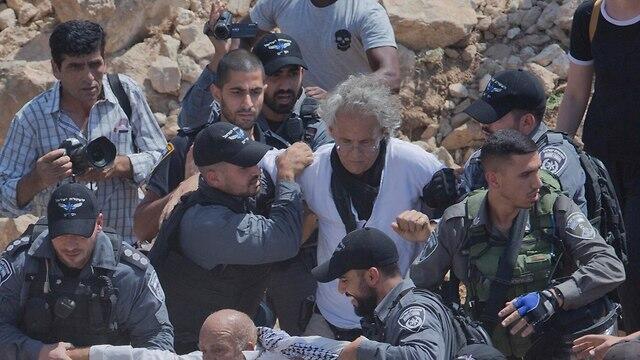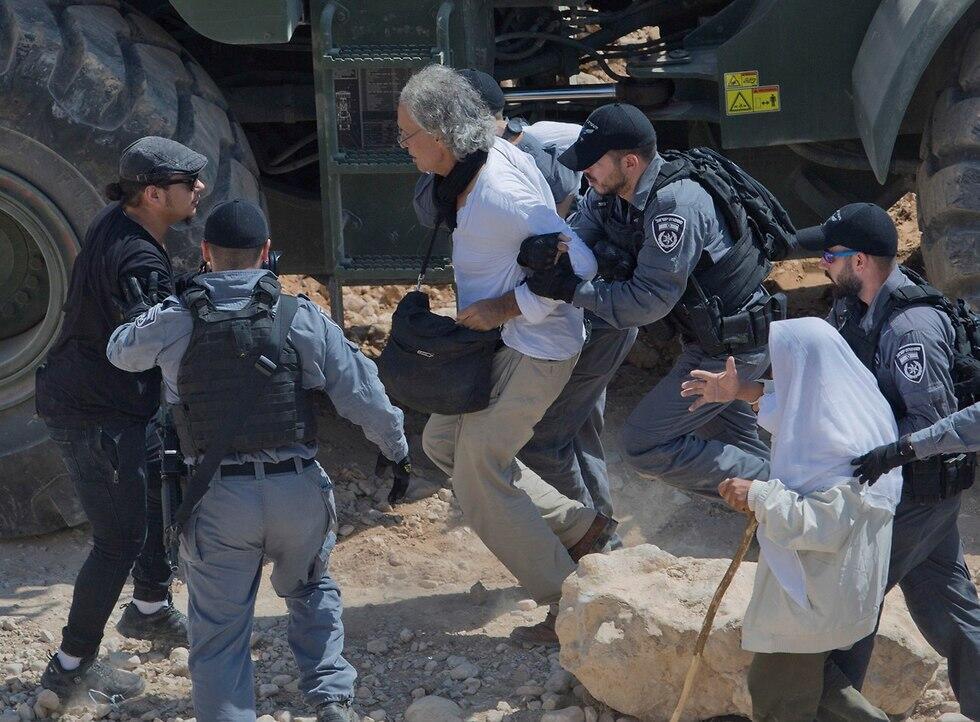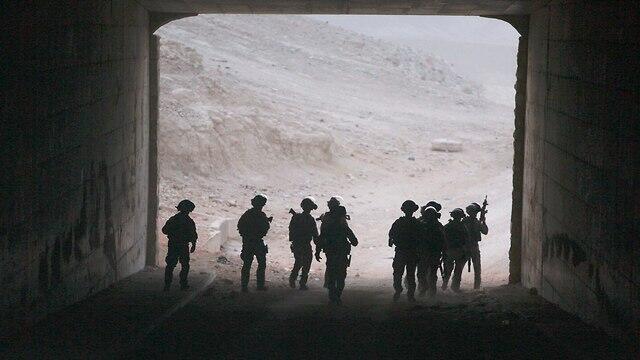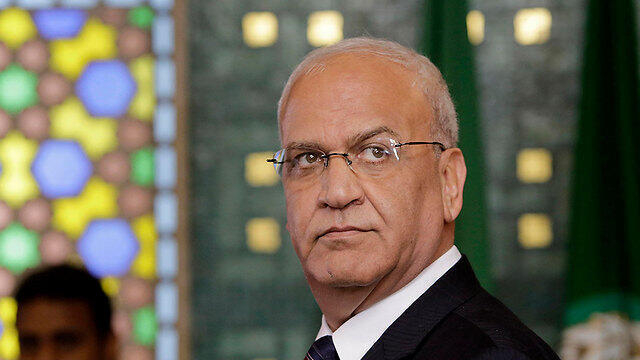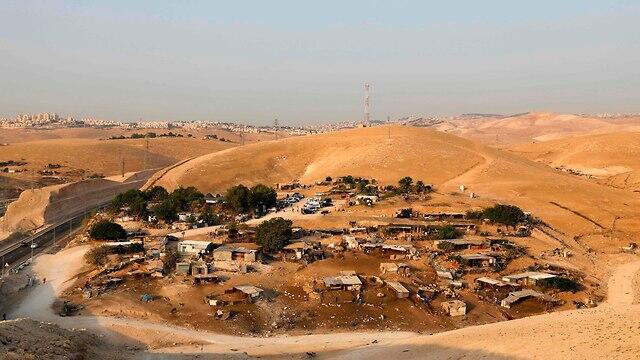Getting your Trinity Audio player ready...
An American law professor was detained Friday by Israeli police for allegedly trying to block Israeli troops from dismantling shacks built by Palestinian protesters near Khan al-Ahmar, a Bedouin encampment in the West Bank.
and Twitter
Frank Romano, 66, is being held at a lockup in Jerusalem and is to appear before a military court Monday, said attorney Gaby Lasky who is pushing for a hearing sooner.
Romano, who reportedly also has a French citizenship, was detained in the embattled village of Khan al-Ahmar, along with two Palestinian activists. Romano was found standing in front of heavy equipment being used to clear barriers that had been set up to slow demolition, witnesses said.
Khan al-Ahmar is located beside an Israeli highway that runs through the West Bank from Jerusalem to the Dead Sea.
Israeli police said three people were detained for causing disturbances.
Romano was initially taken to a West Bank police station where he briefly met with activists from an Israeli-Palestinian group, "Combatants for Peace". Nahoum Oltchik, a member of the group, said Romano told him he started a hunger strike and would refrain from eating until Israel halts plans to demolish Khan al-Ahmar, a hamlet of 180 Palestinians.
Romano's LinkedIn page says that he teaches law, literature, history and philosophy at the Universite Paris Ouest Nanterre La Defense in France, and practices law in the US and France.
Last week, the High Court of Justice rejected petitions to prevent the move, paving the way for Khan al-Ahmar's potential demolition. Israel says Khan al-Ahmar was illegally built and in an unsafe location near a major highway and has offered to resettle its 180 residents to a site 12 km (7 miles) away under improved conditions.
But critics say it's impossible for Palestinians to get building permits and the demolition is meant to make room for the expansion of an Israeli settlement.
According to the court, no evidence was presented to warrant overturning the decision and there was no question over the illegality of the construction on the site. Therefore, when the temporary injunction forbidding the evacuation expires, the evacuation can begin.
Judge Hanan Melcer noted that any further attempts to delay the demolition based on the fact that the school year has already begun for the local children will be rejected.
"Studies in the Palestinian Authority began before the official start of the school year, with the clear intention of raising a future claim requesting to halt the demolishing process because the school year has begun" Melcer explained.
Following the court's decision, the Secretary General of the Palestinian Liberation Organization (PLO), Saeb Erekat, said the Palestinians have filed a new complaint against Israel with the International Criminal court (ICC) to investigate Israel's demolition of the Bedouin encampment .
Erekat added that the Palestinians have asked the chief prosecutor to meet with the village representatives and include Israel's actions against Khan al-Ahmar as part of its investigation into possible war crimes committed by the country, and stressed that Israel should be held accountable.
The government's decision has also drawn criticism from some European states, who cite the impact on the community and prospects for peace.
"The community of Khan al-Ahmar is located in a sensitive location in Area C, of strategic importance for preserving the contiguity of a future Palestinian state," a statement made by the European Union (EU) read.
"The consequences of a demolition of this community and the displacement of its residents, including children, against their will, would be very serious and would severely threaten the viability of the two-state solution and undermine prospects for peace," the EU's statement continued
The village is in the 60 percent of the West Bank known as Area C. The Palestinians claim all of the West Bank and say that Area C, home to an estimated 150,000 to 200,000 Palestinians, is crucial to the economic development of their future state.


